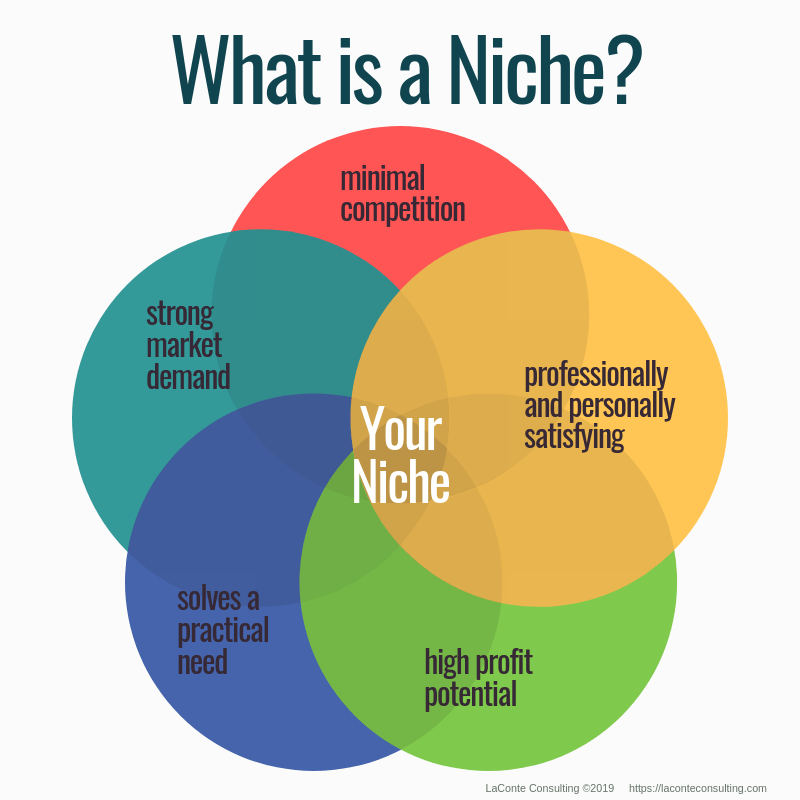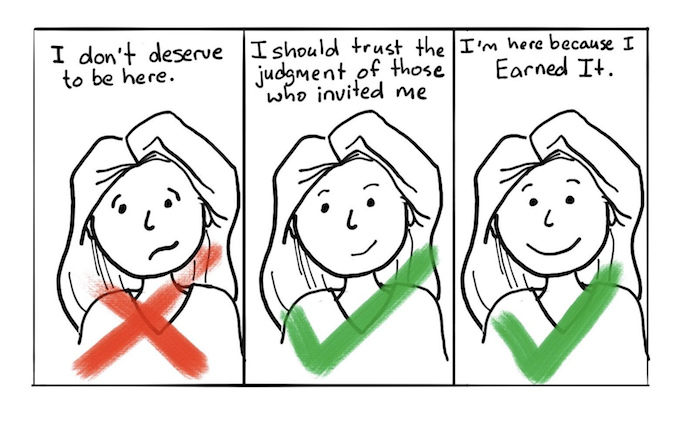You’re an impostor!

Now that I have your attention, I think it's time we address this pertinent issue.
So you've recently transitioned or are about to start a career in tech, but you're feeling a little out of place, as if you aren't qualified to be here? That feeling is called an Imposter or Impostor Syndrome.
What's that?

Impostor Syndrome is a psychological state in which you believe you are not as skilled as others believe you to be. In other words, this is when you begin to doubt yourself and feel like a fraud.
This phenomenon can be linked to a need for external validation. That is, attempting to live up to the ostensibly higher standards set by those you see as superior.
According to a review article published in the International Journal of Behavioral Science, It is estimated that at least 70% of people experience impostor syndrome at some point in their lives.
Exhibit A
A few years ago, I casually applied for a role in a newly formed but not yet launched (at the time) Fintech Startup. The founder reached out personally to convince me that I would make a great addition to their team. My experience, however, did not completely match the roles requirements. The founder disagreed.
Three lengthy calls later in what seemed like a marriage proposition, I requested some time to make a decision and revert soon before their official launch. This is where my Impostor Syndrome kicked in – how could I possibly satisfy the demands of a fintech company? I pondered.

After a week of drowning in tremendous self-doubt; palms sweating and heart beating faster than the speed of light, I reached out to the founder to decline the offer with the pretext of a health crisis. Was I going through a health crisis at the time? Yes. But would it have affected my ability to fill this position? Probably not.
In retrospect, the founder was quite kind and accommodating with me. They were so impressed that they offered to extend my start date as well as a remuneration package that would "blow my mind." Assuming I agreed, I would have enough time to take care of my health and be comfortable upon my on-boarding.
But alas, Impostor Syndrome robbed me of a chance to change the trajectory of my life. I rarely have genuine regrets, but that one takes the cake. You might be wondering where this fintech is today. They're doing well for themselves and are on the verge of taking over Africa as we know it. I'm elated for them.
Overcoming
The first and most difficult step toward overcoming this psychological pattern is recognizing that you have Impostor Syndrome.
Next, identify your strengths and weaknesses and consider how you may improve on and curtail them, respectively. You won't have to spend as much time worrying that you're not qualified for specific tasks, projects, or roles once you have a better understanding of your strengths and weaknesses.
If all else fails, understand that many of your mentors and colleagues are most likely winging it because they, too, struggle with self-doubt. In her book, The Secret Thoughts of Successful Women, Valerie Young explores this truth:
"To me, they were intelligent, articulate, and supremely competent individuals. To learn that even they felt like they were fooling others rocked my world." [3]

Counsel
Find your niche. Before anything else. Pick an area of interest and focus on that until you perfect it. Then, learn to set realistic, challenging and achievable goals for yourself.

How did I find my niche? Research. Research is practically the boon of my existence. And by research I mean Google, you know, nothing too rocket-sciencey as you might think. Google has all, well, almost all the answers you seek, trust me.
Research: A Case Study
In 2018, I began my foray into tech by joining Twitter. I spent roughly two years as an inquisite and silent learner on #TechTwitter before deciding on what and how I could contribute to the ecosystem.
Through research, I discovered Design. I found that design combines a few things that I already love - Psychology, Technology, Business and the Arts. I also discovered a passion for solving problems with Design. Things started to align as I gained mental clarity, and thus began my journey.

Takeaway:
Do not allow feelings of inadequacy and self-doubt rule your life as it would only hinder both your personal and professional growth.
Identify specific, changeable behaviors that you can improve over time rather than beating yourself up when you don't meet impossible expectations.
How you feel about yourself is ultimately what matters so, cultivating internal validation that acknowledges your skills and abilities is critical.
You will make a lot of mistakes on your path but you must learn to accept them as a necessary part of the process.
Growth is inevitable. The more you practice and learn, the better you become at what you choose to focus on. You are a work-in-progress.

In Conclusion
There's an appeal that comes with simply believing in yourself and pursuing your goals. As you grow and gain confidence in your abilities, you will begin to attract certain favorable opportunities.
#NoteToSelf – Admire those who have gone before you, but do not dwell in their accomplishments; for they have traveled the path you must now prepare to walk, not run. Set little goals for yourself and work toward them at your own pace. Make your move, but do not be pressured. Go forth and conquer!
FIN.
